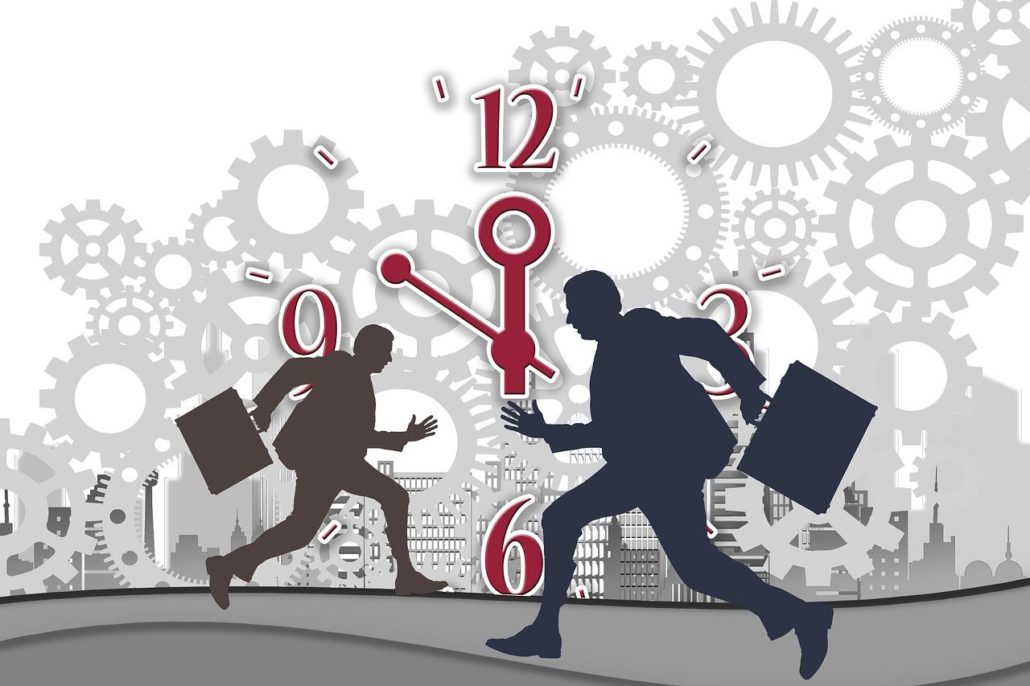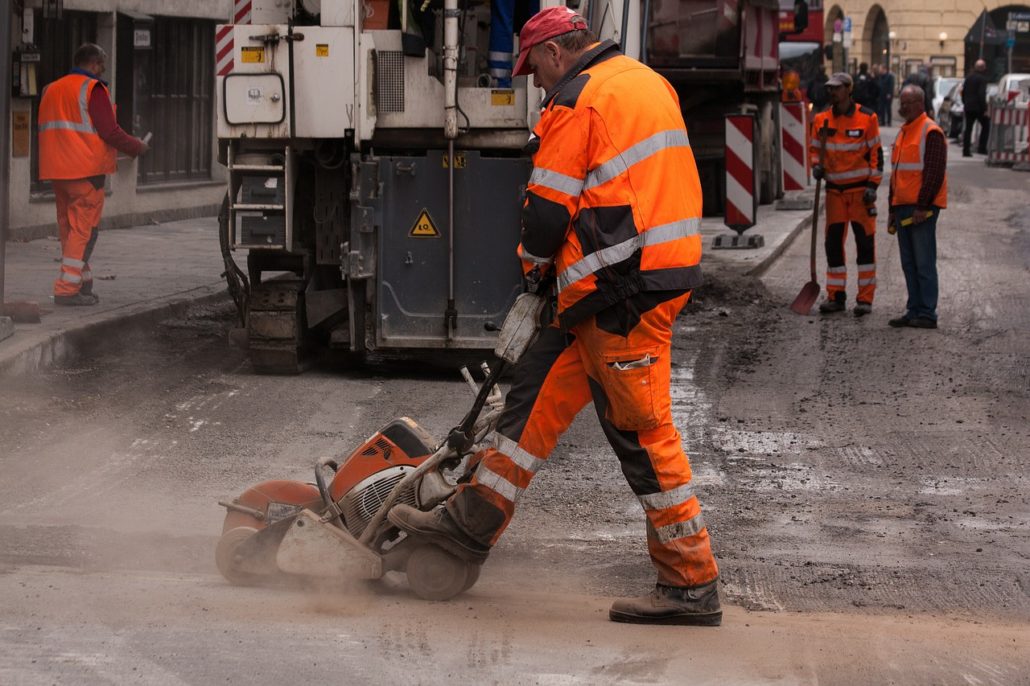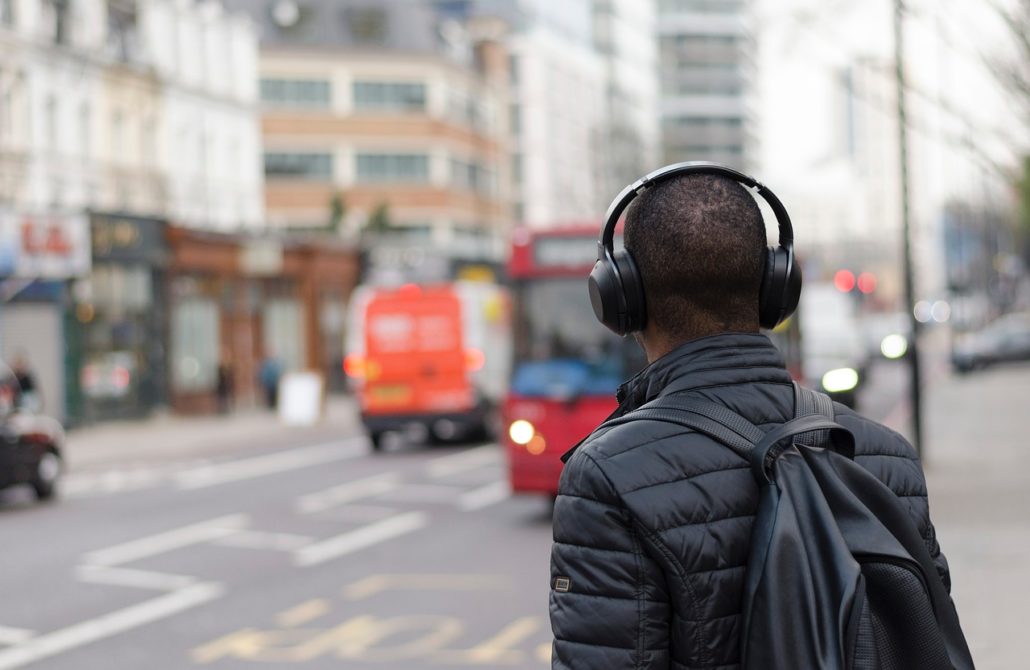Hearing loss and noise in the city
Here’s a mind boggler. Think about the room that you’re sitting in right now. Think about your neighbours to the right and the left, think about the amount of available space that you have at your disposal. Imagine what the same spot looked like ten, twenty, fifty, a hundred years ago. It was probably far less busy and bustling. Chances are good that the building that you’re in wasn’t even here then.
Now, look to the future. Imagine the skyscrapers that will dominate the skyline. Think about the number of babies born each minute, and the future generations that will continue to up the world’s population. It’s an interesting exercise in perspective, isn’t it?
With the increasing population comes more and more busy cities. And these cities are not without side effects. Today, we’re focusing on one in particular. We’re partnering with Hearlink to discuss hearing loss and noise in the city.
Hearing loss and noise pollution
Busy cities are an easy epicentre for the growing epidemic of hearing loss and noise issues, because they’re the catalyst for noise pollution. We’re not talking about trash on the sidewalks or fumes in the air; this is environmental noise that tends to permeate your day-to-day life. Examples include cars honking, loud music, group conversations and many others.
Technology is also a key player in the noise pollution game. You can’t walk down a public street these days without seeing at least half of its occupants listening to music or playing games on their cell phones or other audio devices. Have you ever cringed at hearing music screaming out of someone’s headphones, when they’re at the other end of the train carriage? Though anti-noise regulations may happen in our lifetime, they’re not going to go into effect any time soon.
In 1992, a report was published by the Federal Interagency Committee on Noise, which stated a busy urban street is at 90 dB. That’s the same volume level as a Boeing 737 only a mile before it lands on the ground. This number has only increased over the last 25 years. Additional research from the National Institute for Occupational Safety and Health (NIOSH) states that workers shouldn’t be exposed to noises at or over 85 dB for longer than an eight-hour period.
In the UK, Action on Hearing Loss published Speak Easy, a report which states that 91% of people would not return to a venue that was too noisy.
How many people have you seen working on the street during your daily commute, who don’t wear ear protection? Think about your local newspaper seller, market stall holder, traffic warden, security guard – they are all at risk of hearing loss and noise health effects such as hypertension, ischemic heart disease, and sleep disturbance.
Noise Induced Hearing Loss or NIHL is not reversible. Dangerously loud noises don’t allow sound waves to reach the brain, because they damage the ear’s hair cells, which are a critical part of the process.
Prevention is easier than cure
So, the research is there. We know that excess noise can have detrimental long-term effects on your health.
What can you do? There are many small shifts that you can make in your lifestyle to save your existing hearing.
It starts with purchasing headphones, which help with noise prevention.
It’s also important to do your research when you’re headed to a public locale. If you know that the environment will be a loud one, sit a little bit further from the source of the noise.
Hushboards reduce environmental noise by up to 40%. You can install these in your office to make the environment quieter.
If you wear a hearing aid or cochlear implant, try a device such as Phonak’s Roger Pen which can pick out people’s voices in a crowd. Think about communication support – you could book a sign language interpreter or a lipspeaker / oral interpreter.
As an app-obsessed culture, if you’re looking for a high-tech way to take care of your hearing health, you can check out apps like Decibel 10th.
Questions? Comments? Give us a shout. And be sure to check out Hearlink’s blog for additional useful tips to maximize your hearing.






Leave a Reply
Want to join the discussion?Feel free to contribute!